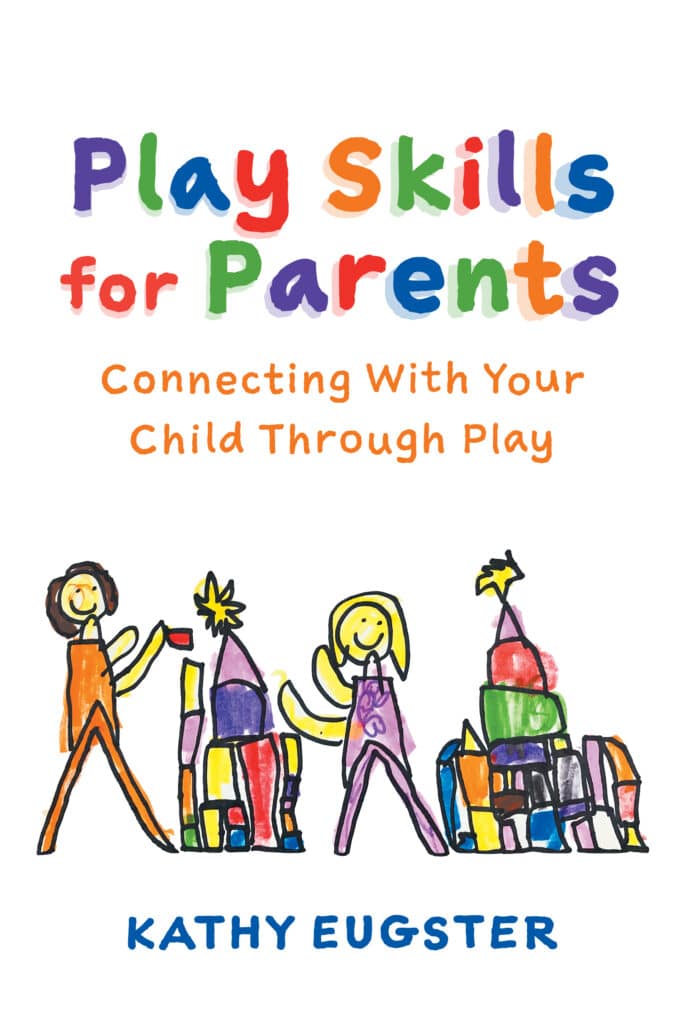Astronomy has fascinated humans for centuries, but it’s often the youngest of us who marvel at the galaxy’s oldest mysteries.
If your child has recently shown a growing interest in astronomy, it’s time to take full advantage of it. After all, learning about astronomy is a rare opportunity to get your kid excited about science and the natural world.
Here are a few tips to help your kid reach for the stars.
Make a Star Map
Also known as a star chart or a star finder, a star map is an outline of the night sky that helps your child identify specific stars and constellations. It’s also one of the easiest ways for a young astronomer to begin understanding the layout of our solar system.
You can find printable star maps online, but make sure to choose the right one for your location and time of year. Once you print the map, you can help your child cut it out and even decorate it—great for kids who love arts and crafts.
On a clear night, take the star map outside and show your child how to align it properly. They will love finding the mythical animals hidden in the night sky.
Catch the Next Meteor Shower
Shooting stars may be rare, but meteor showers are a more reliable space phenomenon. Year-round meteor shower guides are available online, so you can plan ahead to witness the best one in your area.
Some cities even have astronomy clubs that hold viewing parties in local parks. Bring blankets and sleeping bags and keep your eyes peeled upward. It won’t be long before a quick burst of light shoots across the sky.
Save Up for a Telescope
If your kid is serious about their space interest, it may be time to buy them a telescope. If they’re ready to do so, you can even encourage them to save up for one themselves, or at least pitch in.
With even the most basic telescope, your child can see craters on the moon and faint colors of Jupiter. Plus, if they contribute some of their hard-earned money, you’ll throw in an important lesson about money management.
High-functioning telescopes are a pricey item, but a kid’s telescope is usually around $30. Start small and work your way up—no need to go all-in for a big-ticket item until you’re sure your child will use it regularly.
Go on a Trip
If you live in a major city, it may be difficult to see all of the wonders of space through the city smog. Once the weather gets warmer, book a weekend trip outside of the city. National parks boast some of the best stargazing around, with miles of protected land enhancing your view of the beautiful Milky Way galaxy.
Make a Rocket
Does your child dream of going into space? Why not make a toy rocket to show them just how they would get there?
Before you have flashes of an innocent experiment gone horribly wrong, making a rocket doesn’t have to be a dangerous pursuit. For younger kids, you can simply make the frame of the rocket out of paper (no scary tools needed).
You can also make a rocket powered by water and antacid tablets, like TUMS. If you have older kids, try baking soda and vinegar. Regardless of what you use, constructing a homemade rocket can help teach children basic math and physics.
Discuss the Unknown
What does the inside of a black hole look like? Are aliens real? Is there another Earth somewhere? These are questions that even the smartest of scientists don’t know, but don’t be surprised when your kid starts asking them.
Embrace their curiosity and explain that there are still many unknowns about outer space, which is exactly why the world needs a new generation of scientists. This is also a great opportunity to teach your child that asking questions is a good thing, even if the answers aren’t immediately available.
Grow a Sense of Connectedness
We’re all part of a bigger world and an even bigger solar system. Everything is connected.
The moon controls the tides. The seasons are set by the sun. The sun’s rays give the human body much-needed Vitamin D.
Help your child gain respect for celestial nature and their place in it all. If they can learn about how it affects their everyday life, it can greatly benefit their actions in the future.
Want more activities for your kids? Visit ACTIVEkids.com to find fun and affordable kid-friendly options all over British Columbia.













